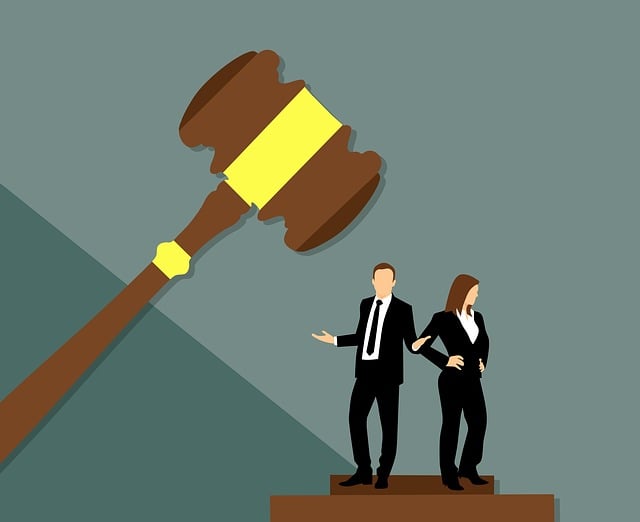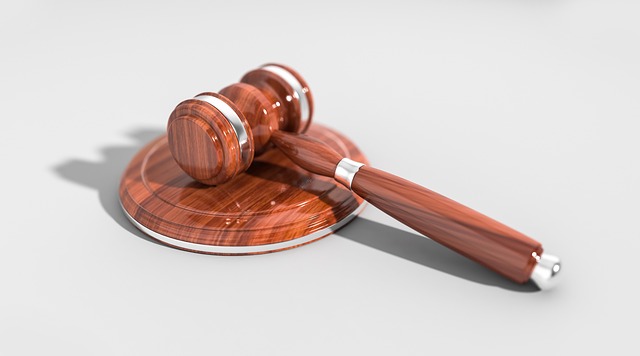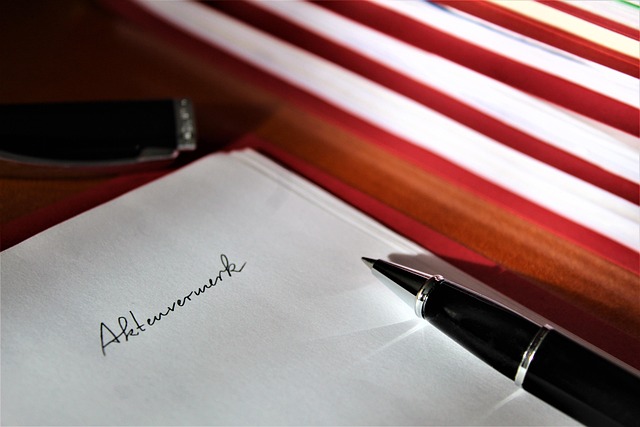Personal injury claims are a crucial aspect of civil litigation, compensating individuals for harm caused by negligence or intentional actions. To file a successful claim, evaluate case validity, identify responsible parties, and gather essential evidence like medical records and witness statements. Legal consultation is vital to understand specific requirements for various injury cases. Engaging litigation support services can significantly benefit complex cases, providing expert guidance throughout the process. Expert knowledge is key to building a strong case, particularly in white-collar and economic crimes. Navigating legal steps involves gathering evidence, consulting attorneys, and submitting claims within timelines, leading to settlement negotiations or trials.
Litigation Support Services play a pivotal role in personal injury claims, transforming complex legal processes into manageable steps. Understanding these claims is the first crucial move, followed by gathering evidence and documentation. Engaging a litigation support service for their legal expertise can significantly strengthen your case. This article guides you through the process, from navigating initial steps to settlement or trial, offering insights on how to file a personal injury claim effectively.
- Understanding Personal Injury Claims: The First Step
- Gathering Evidence and Documentation
- Legal Expertise: When to Engage a Litigation Support Service
- The Role of Experts in Strengthening Your Case
- Navigating the Process: From Claim to Settlement or Trial
Understanding Personal Injury Claims: The First Step

Personal injury claims are a crucial aspect of civil litigation, focusing on compensation for harm caused by the negligence or intentional acts of another party. Understanding how to file such a claim is essential, especially in high-stakes cases involving complex issues like white collar and economic crimes. The process begins with assessing the validity of your case and identifying the responsible party. This involves gathering evidence, including medical records, witness statements, and relevant documents, which are critical for building a strong legal argument.
Knowing the specific circumstances that led to the injury is paramount. Whether it’s a car accident, a slip and fall incident, or a medical malpractice suit, each case has unique requirements. For corporate and individual clients alike, seeking legal advice early on can ensure a comprehensive understanding of their rights and options when pursuing a personal injury claim.
Gathering Evidence and Documentation

When pursuing a personal injury claim, gathering evidence and documentation is a crucial step in the process. It’s essential to collect and organize all relevant information that supports your case, from medical records detailing your injuries to witness statements describing the incident. This process begins with identifying potential sources of evidence—your healthcare providers, law enforcement, and any witnesses present during the accident—and requesting their cooperation.
Proper documentation can make or break a personal injury claim. How to file a personal injury claim involves presenting compelling evidence that establishes liability and quantifies damages. Across the country, litigants must adhere to specific rules regarding what types of documents are admissible in court. Avoiding indictment requires meticulous record-keeping, and a comprehensive understanding of these procedures can significantly increase your chances of achieving a complete dismissal of all charges.
Legal Expertise: When to Engage a Litigation Support Service

When considering how to file a personal injury claim, engaging a litigation support service can provide invaluable legal expertise. These services are particularly crucial in high-stakes cases where complex legal issues and significant financial implications are at play. They offer specialized knowledge and skills that can navigate the intricate web of laws and regulations related to personal injuries.
Litigation support professionals help clients understand their rights and obligations, ensuring they take the necessary steps to strengthen their case. Their expertise extends to various aspects, including evidence collection, legal research, and strategic case management. By leveraging these services, individuals can focus on healing and pursuing justice while leaving the intricate details of legal procedures to experts who are well-versed in managing cases within the respective business sectors, as well as philanthropy and political communities, where such claims may have broader implications.
The Role of Experts in Strengthening Your Case

In personal injury claims, experts play a pivotal role in strengthening your case. These professionals bring specialized knowledge and skills to bear on complex issues, helping to clarify facts, interpret data, and present compelling arguments. Whether it’s understanding medical records, reconstructing accidents, or analyzing financial documents, their insights can significantly enhance the strength of your claim. By employing experts, you gain a competitive edge in all stages of the investigative and enforcement process, ensuring your case is presented in the best possible light.
In navigating the intricate world of white-collar and economic crimes, having an expert by your side can be the difference between a settled claim and achieving extraordinary results. Their ability to uncover hidden details, expose misdeeds, and quantify damages can lead to substantial settlements or verdicts. This strategic assistance is invaluable in complex litigation, where understanding the nuances and subtleties is crucial for success.
Navigating the Process: From Claim to Settlement or Trial

Navigating the legal process after a personal injury can be overwhelming, but understanding the steps involved is crucial. The journey begins with how to file a personal injury claim, where individuals or corporate and individual clients alike must gather evidence, consult with attorneys, and formally submit their claims within a specified timeframe. This initial phase sets the foundation for what’s to come.
As the case progresses, it may lead to settlement negotiations or, in high-stakes cases, a trial. Throughout this process, legal professionals play a pivotal role in advocating for their clients’ rights, presenting evidence, and ultimately aiming for a favorable outcome, whether through a complete dismissal of all charges or a substantial settlement. Each step demands meticulous planning and strategic decision-making to ensure the best possible result.
Filing a personal injury claim can be complex, but understanding the process and engaging the right support is key. By gathering evidence, seeking legal expertise, and navigating the steps outlined in this article—from initial claims to settlement or trial—you’ll be well-prepared to pursue justice. Remember, each case is unique, so consult professionals like litigation support services for personalized guidance tailored to your specific needs and How to File a Personal Injury Claim effectively.






